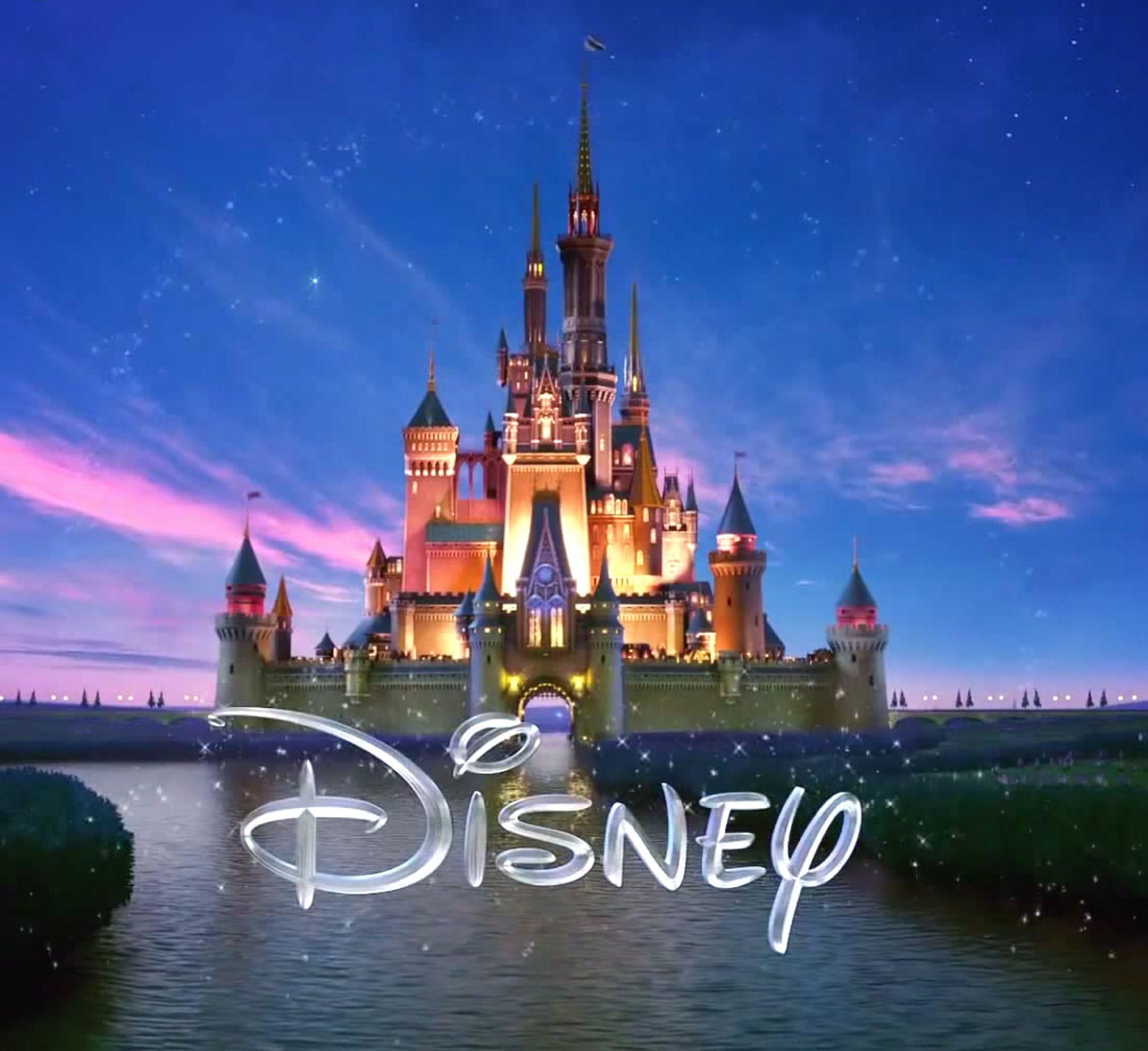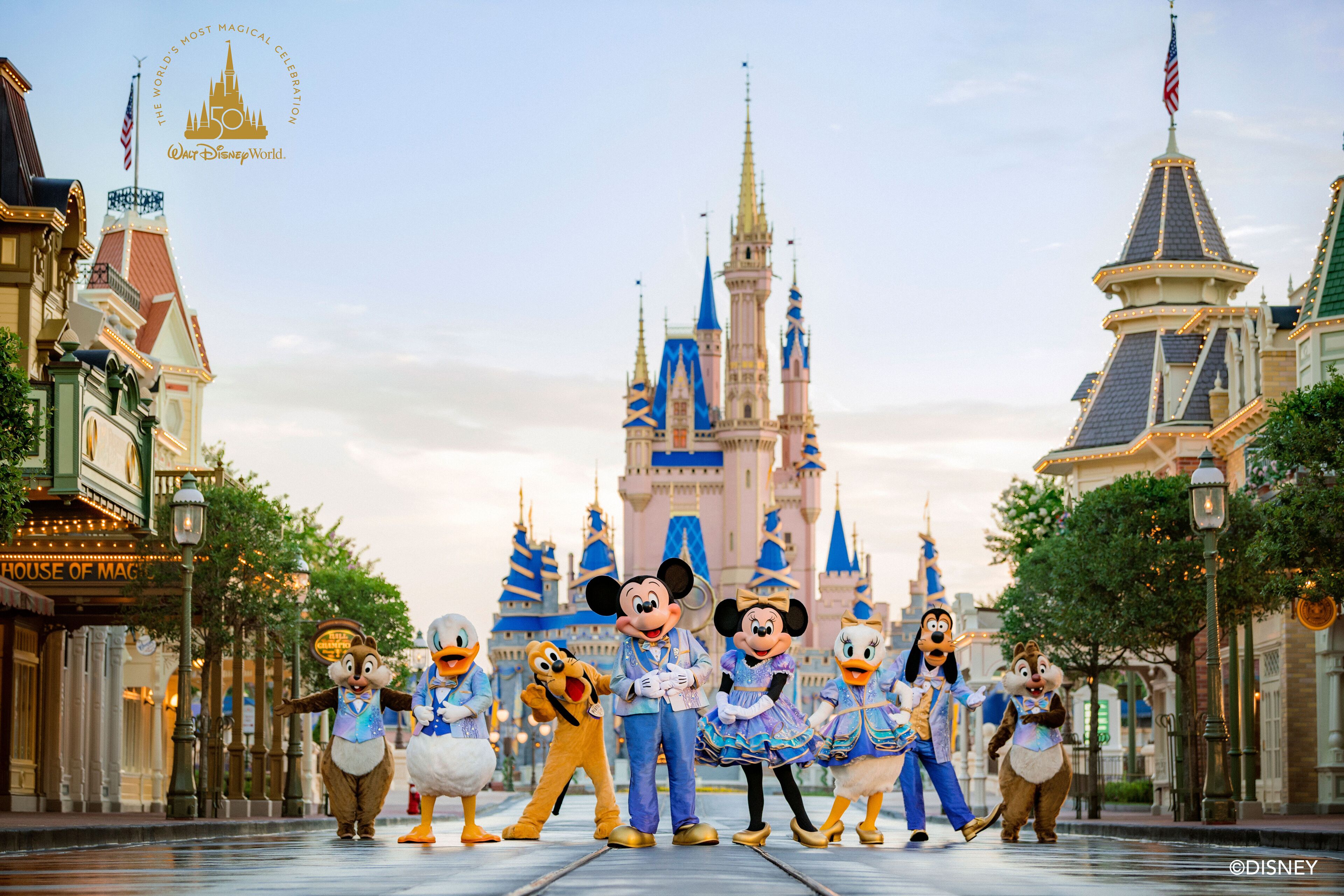Disney Moana Copyright Lawsuit: Jury Sides With Disney
Table of Contents
- The Heart of the Disney Moana Copyright Lawsuit
- Understanding Copyright Infringement in Hollywood
- The Plaintiff: Buck Woodall
- Allegations of Similarity: Bucky vs. Moana
- The Legal Journey: From Filing to Verdict
- The Jury's Decision: A Swift Verdict
- Broader Context: Copyright in the Entertainment Industry
- What This Means for Creators and Consumers
The Heart of the Disney Moana Copyright Lawsuit
At the core of the recent legal battle was a claim of copyright infringement against The Walt Disney Company regarding its highly successful "Moana" franchise. The plaintiff, screenwriter Buck Woodall, alleged that Disney had "stolen his ideas" to create the animated film. This "Disney Moana copyright lawsuit" centered on the premise that "Moana" and its sequel, "Moana 2," copied substantial parts of a script he had written years prior, titled "Bucky." The lawsuit, which sought a staggering $10 billion in damages—representing 2.5% of "Moana's" gross revenue, which Woodall calculated to be around $1.6 billion (though the claim of $10 billion seems to be a miscalculation or an aspirational figure given the $1.6 billion gross revenue mentioned elsewhere in the data)—also sought a court order affirming his copyright. Such a significant claim underscored the perceived value of the intellectual property at stake and the potential financial ramifications for both parties. The case highlighted the ongoing tension between protecting original creative works and allowing for independent creation within a popular genre.Understanding Copyright Infringement in Hollywood
Copyright law is designed to protect original works of authorship, granting creators exclusive rights to reproduce, distribute, perform, display, and adapt their works. In the context of film and television, this means protecting screenplays, characters, unique plotlines, and other creative elements. For a successful copyright infringement claim, a plaintiff typically needs to prove two main things: 1. **Ownership of a valid copyright:** The plaintiff must demonstrate that they own the rights to the original work. 2. **Copying of protected elements:** The defendant must have copied protected elements of the plaintiff's work. This often involves showing "access" (the defendant had a reasonable opportunity to view the plaintiff's work) and "substantial similarity" (the works are so similar that copying is evident). The "substantial similarity" test is often the most challenging aspect in Hollywood copyright cases. Courts differentiate between unprotectable ideas (e.g., a story about a hero's journey) and protectable expressions of those ideas (the specific details, characters, and plot points that make a story unique). Many lawsuits fail because while ideas might be similar, the specific expression of those ideas is not. This distinction was central to the "Disney Moana copyright lawsuit."The Plaintiff: Buck Woodall
The individual behind this significant "Disney Moana copyright lawsuit" is screenwriter Buck Woodall. While the provided data offers limited biographical details, his actions in pursuing this case against a media giant like Disney speak volumes about his conviction regarding his creative work.Buck Woodall: A Brief Profile
| Attribute | Detail
Walt Disney Pixar Castle Logo - LogoDix

Boletos para el parque temático de Walt Disney World®

Oscars Archives - BlogMickey.com - Disney World News, Photos, and Info